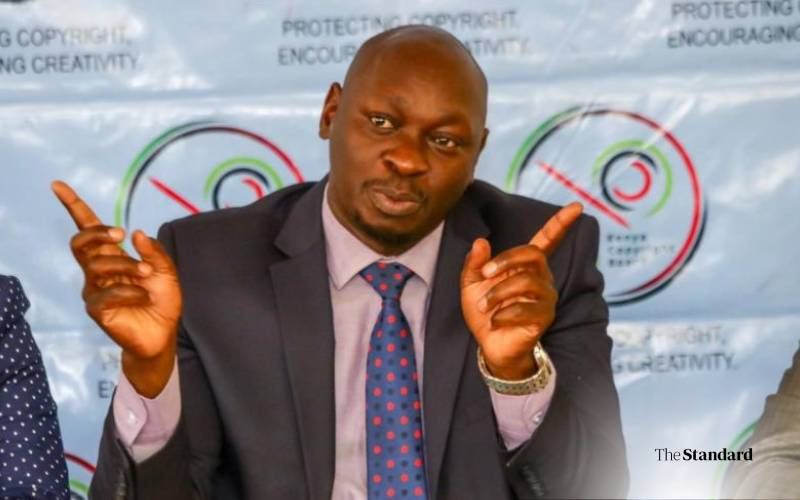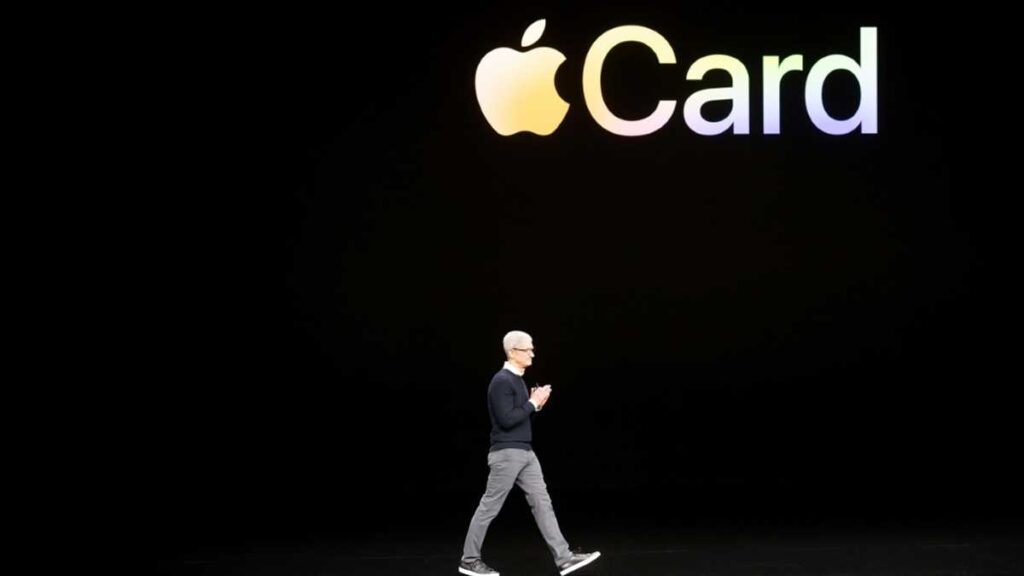The Kenya Copyright Board (KECOBO) has withheld the issuance of an operating licence to the Music Copyright Society of Kenya (MCSK), significantly impacting its operations.
Joshua Kutuny, the chairman of KECOBO, stated that the decision to withhold a six-month provisional license was prompted by ongoing internal conflicts within the organization.
“This decision was primarily due to leadership disputes that have threatened to destabilise the organisation,” he wrote in a signed letter dated June 16, 2025.
Following the move, MCSK is now barred from representing musicians, effectively revoking its authority to operate as a Collective Management Organisation (CMO) responsible for collecting and distributing royalties to artists.
The leadership wrangles within MCSK have led to the formation of rival factions among its directors.
However, KECOBO licensed the Performing and Audio-Visual Rights Society of Kenya (PAVRISK) for the third time, along with the Kenya Association of Music Producers Copyright and Related Rights Limited (KAMP).
Consequently, two agencies will now collect royalties on behalf of musicians and audio-visual rights holders through Unified Copyright Licenses.
“Pursuant to Section 46 (2) of the Copyright Act 2001, the board has licensed two CMOs: PAVRISK for the third time and KAMP. MCSK’s license has been withheld due to their internal disputes,” Kutuny stated.
For consistency and operational efficiency, PAVRISK and KAMP are required to collect royalties using an integrated Information and Communication Technology (ICT) system, as outlined in the consent agreement signed by both licensed CMOs.
KECOBO clarified that all valid invoices and Unified Copyright Licenses issued by the CMOs must explicitly identify either PAVRISK or KAMP.
“These documents should be accompanied by a corresponding KRA e-TIMS certificate upon issuance by either CMO to prevent instances of double licensing and payment,” Kutuny stated.
The latest development comes amid increasing reports of unauthorised individuals issuing fraudulent invoices and Unified Copyright Licenses to unsuspecting users under various combinations of the names KAMP, PAVRISK, and MCSK.
“It is therefore illegal and a criminal offense for anyone to issue invoices and Unified Copyright Licenses under the unauthorised joint systems bearing the names MCSK, MCSK-PAVRISK-KAMP, PAVRISK-MCSK, KAMP-MCSK, or KAMP-PAVRISK-MCSK,” the board warned.
According to Section 46 (12) of the Copyright Act and its regulations from 2001, it is illegal for any individual or organisation to conduct royalty collections without a valid license from the Kenya Copyright Board.
Stay informed. Subscribe to our newsletter
KECOBO has urged music users and the public to remain vigilant and report any unauthorised individuals or CMOs attempting to deceive users with these illegal invoices to the regulatory body or security agencies.
The consent agreement dated June 16, 2025, between KAMP Copyright and Related Rights Ltd and PAVRISK allows both CMOs to collect royalties and issue licenses to music users in specified sectors.
Under this arrangement, KAMP will collect royalties and issue licenses for Public Service Vehicles (PSVs), including matatus, commercial vehicles, and taxis, as well as for new media.
Under the arrangement, PAVRISK will handle licensing for general use and broadcasting. PAVRISK will invoice, license, and enforce the use of copyrighted works in various venues, including arcades, shops, bars, restaurants, hotels, malls, banks, roadshows, promotional events, DJs, eateries, schools, hospitals, clinics, and radio and TV stations.
The consent was signed on behalf of PAVRISK by its Chairman, Edwardo Waigwa, and CEO, Joseph Njagih, while Angela Ndambuki and CEO, Maurice Okoth, signed on behalf of KAMP, in the presence of KECOBO’s acting Executive Director, George Nyakweba.

























